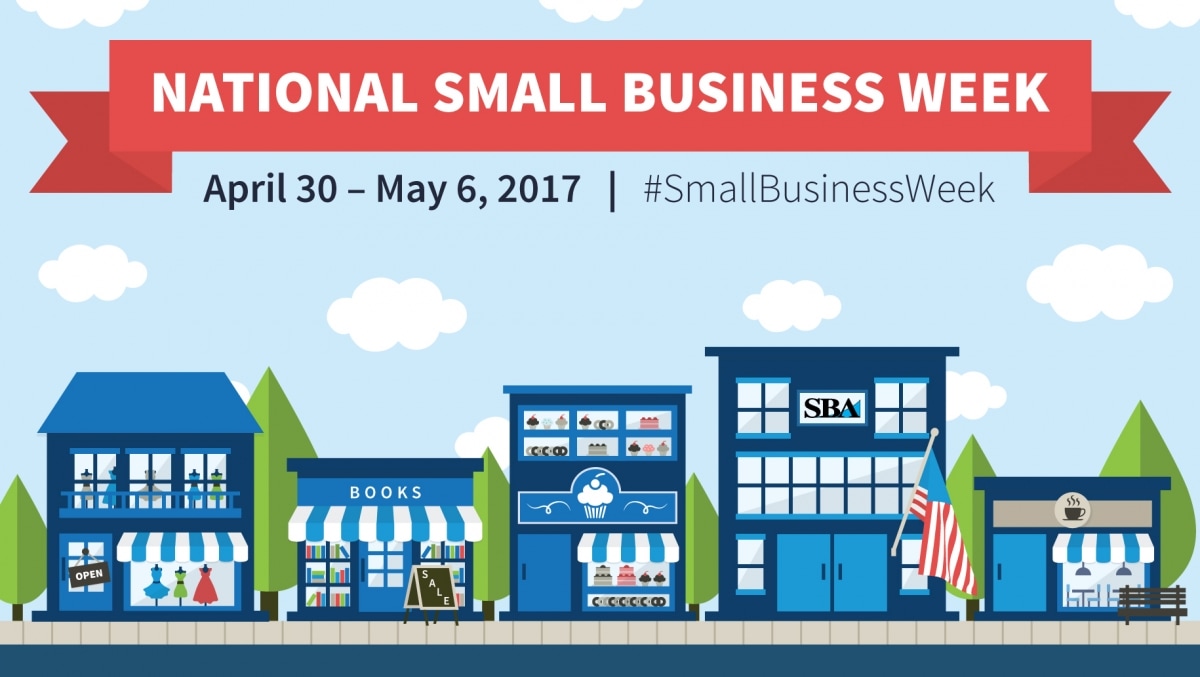The Toledo Chamber supports small businesses in a variety of ways including hosting the Small Business Development Center, telling the story of the Toledo Region to attract and retain a talented workforce, providing opportunities to grow personal networks, and advocate on their behalf through the Advocacy & Public Policy (APP) department.
Regional Water
The Chamber’s offer to identify and pay for the cost of a facilitator to assist the City of Toledo and its contract water customers to create a regional water system was accepted. The Chamber feels that it is critical for the long-term economic development of the region to have a safe, affordable and reliable water system for the entire region. It is important that the preferred solution be in the best interest of the entire region.
Having a quality source of water is also why the Chamber supports funding for the Great Lakes Restoration Initiative. Reducing federal financial resources would be a disservice to the entire region.
The region is fortunate to have sources of fresh water like the Maumee River and Lake Erie. We must not allow this resource to be our dividing factor.
Operational efficiencies in local government
Understanding how and how much the City of Toledo is spending to provide services to businesses and residents is the first step to identifying operational efficiencies and lessening the long-term burden on tax payers. That is why the Chamber encouraged, and is partnering with, the City of Toledo on the Priority Based Budgeting initiative.
The initial work of the City and the Center for Priority Based Budgeting has identified more than 700 programs performed by the City. Among the information included in the program inventory is the cost of each program; the number of employees engaged in each program; whether or not the program is mandated by the City Charter, state or federal government; and the difference between program revenue and expenses. Next steps in the process will include stakeholder engagement to better understand the priorities of these programs.
By identifying opportunities to save costs or reallocate funding to other areas, the goal is to reduce the likelihood of the City requesting additional tax revenue to support existing services.
Zoning and Planning
The Chamber has also been working with local leaders and plan commissions to advocate for zoning and planning principles that support a strong community. We keep our members informed and take action on land use proposals that could have negative impacts for their business. In the last year we successfully opposed a pair of Toledo code changes that would have resulted in unnecessary extended review timelines for already approved plans for development projects. We have also sought improvements to existing zoning and planning policies that are unnecessarily restrictive. For example, the Chamber is working with local officials to make improvements to Toledo’s outdated signage code to support businesses and improve the appearance of our community.
Unemployment and state tax burden
In 2016, the state legislature passed and the Governor signed legislation to bring relief to employers by repaying the debt to the federal government for unemployment compensation benefits. This is an issue that has been and will continue to be a high priority in the Toledo Regional Chamber’s advocacy efforts on behalf of our members.
As a result of these efforts, employers will see a dramatic decrease in their federal unemployment tax (FUTA) rate in 2017. In January, the full FUTA credit will be restored by dropping the amount employers pay to just $42 per employee.
To repay the federal debt, a one-time loan from the state’s unclaimed funds account to the Unemployment Compensation Fund was made. Experience rated employers will be assessed an additional 0.6% rate in 2017. This amounts to an additional $54 per employee at the $9,000 wage base. This reduced FUTA rate and repayment assessment will still be almost 50 percent less than if the federal loan was not repaid by November 2016.
The Chamber also continues to oppose efforts at the state level to shift the tax burden from one group to another. The Chamber believes that tax policies should promote economic growth and job creation. The overall impact on business competitiveness must be taken into account when considering changes to tax policy. Rules and regulations must be clear and easily complied with; businesses should not have to second guess whether or not they are in compliance.
Remember, the Chamber has an APP for that! To learn more about these and other efforts on behalf of our members, please contact Brian Dicken, vice president for advocacy and public policy, at [email protected] or 419-243-8191.
| As the Vice President of Advocacy and Public Policy for the Toledo Regional Chamber of Commerce, Brian oversees the Chamber’s advocacy and public policy efforts with local, state and Federal governments. With nearly 20 years of experience, he has held positions in state government in the offices of the Ohio Lt. Governor, Ohio Auditor of State and Ohio Treasurer of State. He also worked for the late U.S. Representative Paul Gillmor and in the Office of the Vice President of the United States. |



 RSS Feed
RSS Feed
